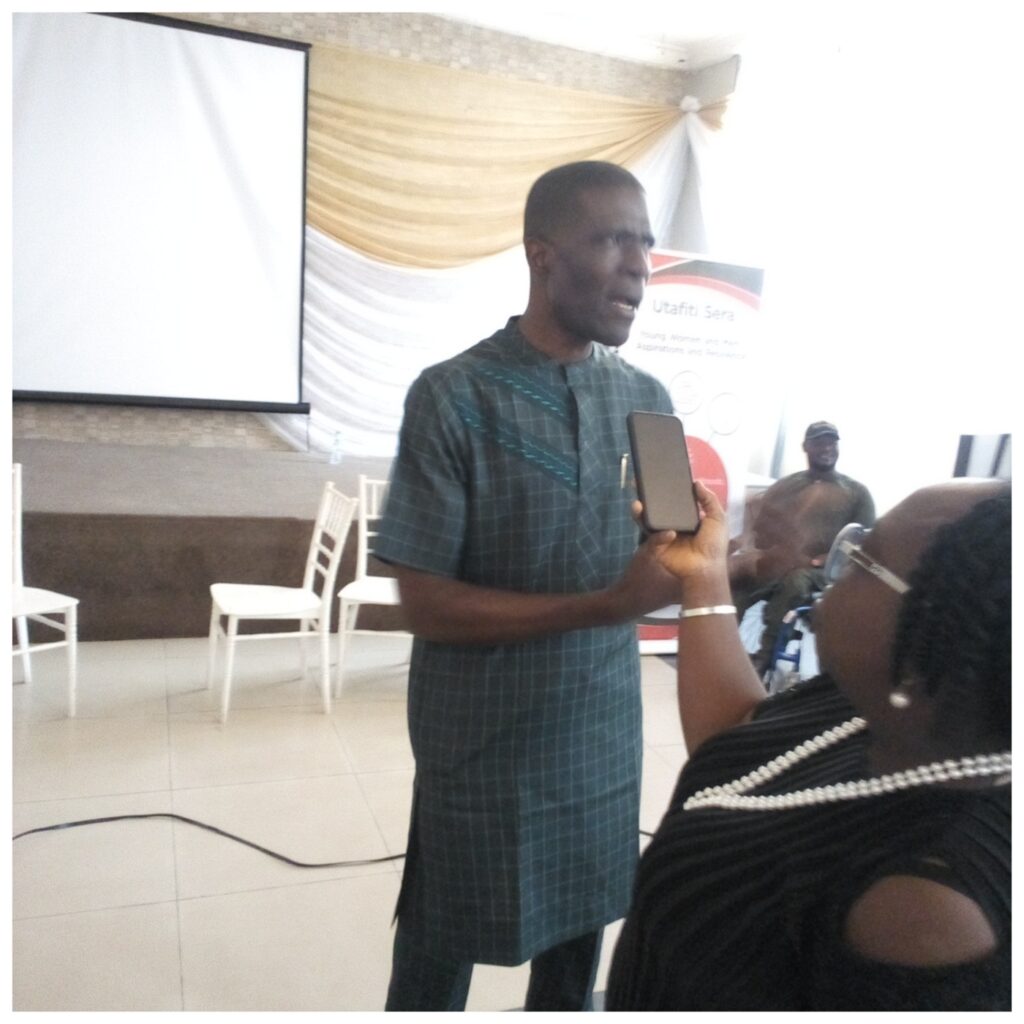
A senior lecturer in the Department of Communication and Language Arts at the University of Ibadan, Babatunde Ojebuyi, has stated that the COVID-19 pandemic and insecurity had a negative impact on the lives of many Nigerian youths.
Ojebuyi made this declaration while addressing participants at the Youth Aspirations and Resilience workshop organized by the Partnership for African Social and Governance Research (PASGR) in collaboration with the MasterCard Foundation.
Various youth organizations, opinion leaders, and media representatives attended the workshop held on Wednesday in Ibadan.
Ojebuyi, who also served as the Project Principal Investigator in Nigeria, discussed the research project’s outcomes, highlighting the significant barriers faced by Nigerian youths due to factors such as the Covid-19 pandemic and insecurity.
He explained that these challenges had diverse negative effects on the aspirations of young Nigerians.
He stated, “Several barriers such as the COVID-19 pandemic and insecurity, negatively affected the aspirations of Nigerian young men and women in different ways. Most of the youths (79.0%) running businesses indicated that the COVID-19 pandemic affected their businesses compared to the pre-COVID-19 era. More than 5 out of 10 young people lost opportunities and customers, and business options were reduced by about 45.0%. However, young women generally experienced more emotional trauma: They were constrained to stay at home to take care of their children, and in the process, many of them fell victim to rape and other forms of domestic crimes.”
In his opening remarks, Joel Otieno, the Programme Officer for Research and Policy at PASGR, emphasized the potential of young people to drive Africa’s growth.
He stated, “We are based in Nairobi, Kenya. What is important to us is the centrality of youths. Young people have the potential to unlock Africa’s growth.”


